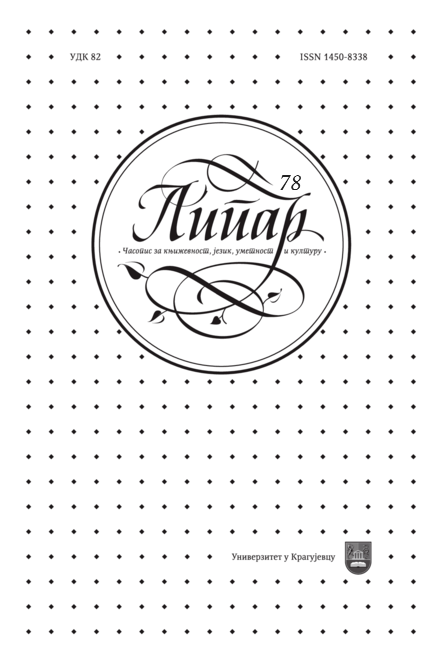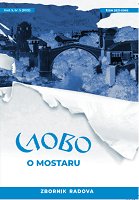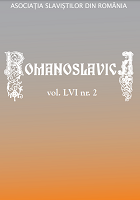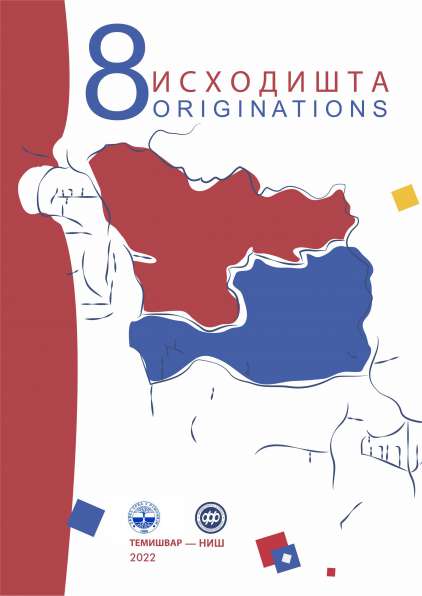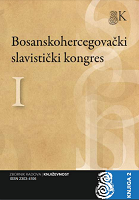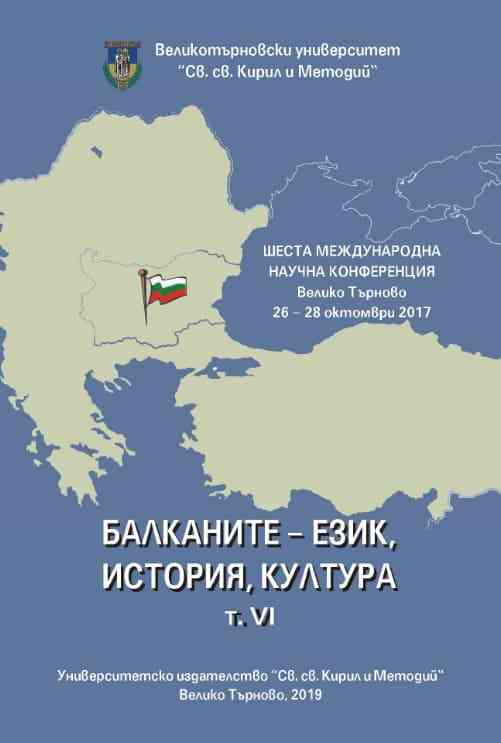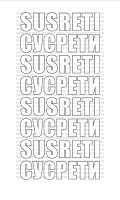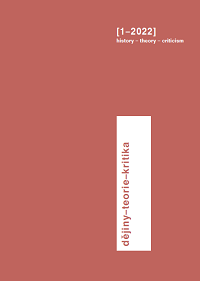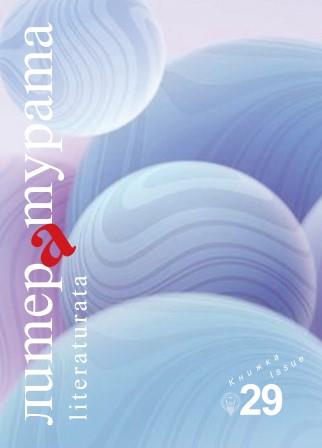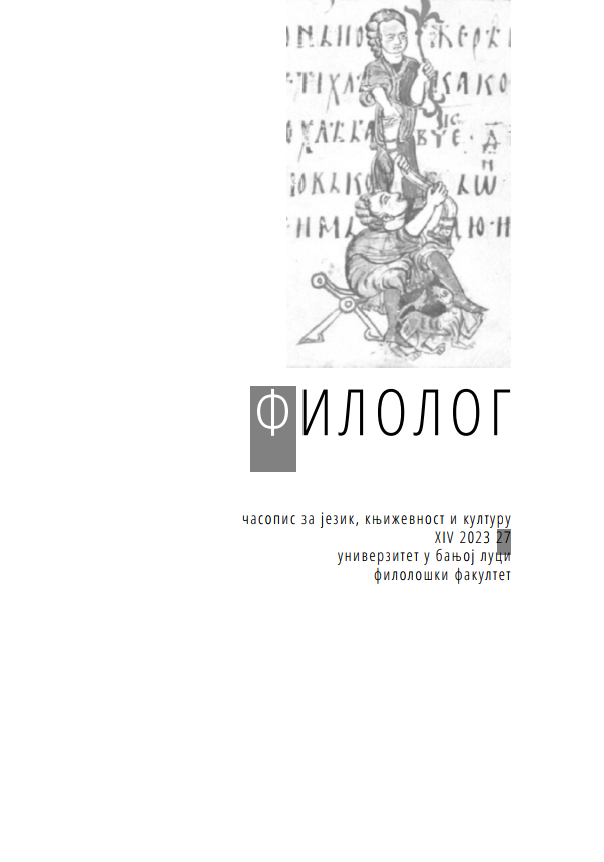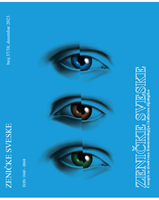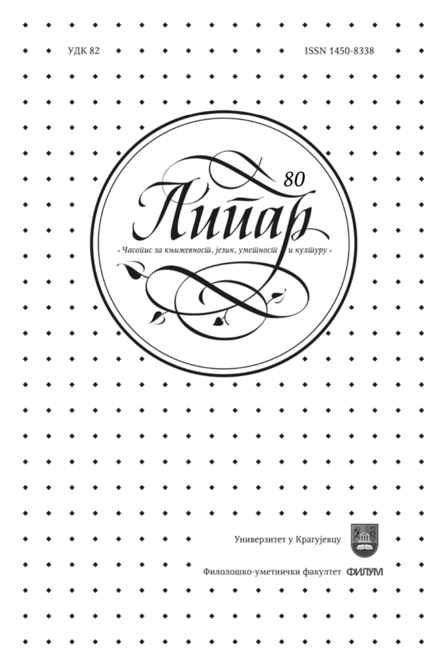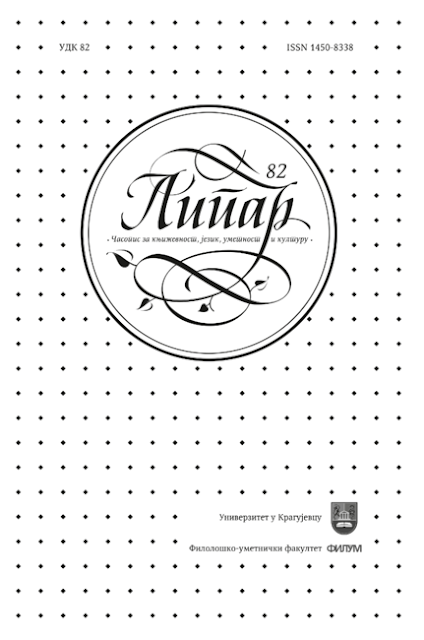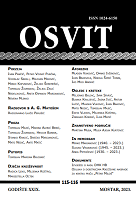Author(s): Danijela Petković / Language(s): Serbian
Issue: 176/2022
Contributions on the National Liberation Struggle (Serb. Narodnooslobodilačka borba, NOB), the Revolution and post-war socialist reconstruction, as well as academic articles on Partisan and workers‘ folklore had a notable place in the Narodno stvaralaštvo – Folklor [Folk Creativity – Folklore] journal. They appear in as many as 42 issues (they are absent only in 6), especially in the 1960s and in the second half of the 1970s. Of these, the largest number of papers belongs to the field of folkloristics in the narrow sense of the word, which looks at oral heritage from the perspective of folk literature, and specifically focuses, for the most part, on the dominant genre of the middle part of the previous century, i.e., poetry. There are numerous articles that try to determine the boundaries of the genre and to define the poetry of NOB, the central place among which, when it comes to theoretical approaches, belongs to papers by Dušan Nedeljković, in which he examined the principles of the development of poetry. Genre typology is largely side-lined, and the majority of the articles are based on the overview of content and thematic groups, among which songs about Tito and workers’ folklore stand out. Speaking of other folklore disciplines, which are represented to a much lesser extent, ethnological, ethnomusicological and ethnochoreological contributions stand out. Looking at the small amount of folklore material present at the end of almost every issue also confirms the prominent position that the folklore of the NOB, the Revolution and socialist reconstruction had in the magazine. The importance of the Narodno stvaralaštvo – Folklor journal for the study of the abovementioned folk material lies mostly in encouraging the collection and study thereof, as well as insisting on the correlation of different folklore disciplines. Academic papers on this segment of oral heritage never reached a high level. They were more a reflection of the times, and part of the communist propaganda concerning the perfect state and social order, which is expected to be accompanied by an equally perfect oral expression. In the manner of political speeches of the time, not moving beyond superficial surveys and criteria of aesthetic criticism, sticking strictly to the path set by Dušan Nedeljković, for three decades folklorists repeated praises about works that represented a „qualitative leap“ compared to traditional folklore, but which they seldom thoroughly analysed. After the socio-political changes and the breakdown of Yugoslav ideas, the legacy of NOB was rejected and ignored. Today, however, modern folkloristics has begun a fundamental revision thereof, and scholars, from a temporal distance, freed from political and ideological restraints, are critically considering this folklore phenomenon and they are restoring it back to its place as part of the national cultural heritage.
More...
